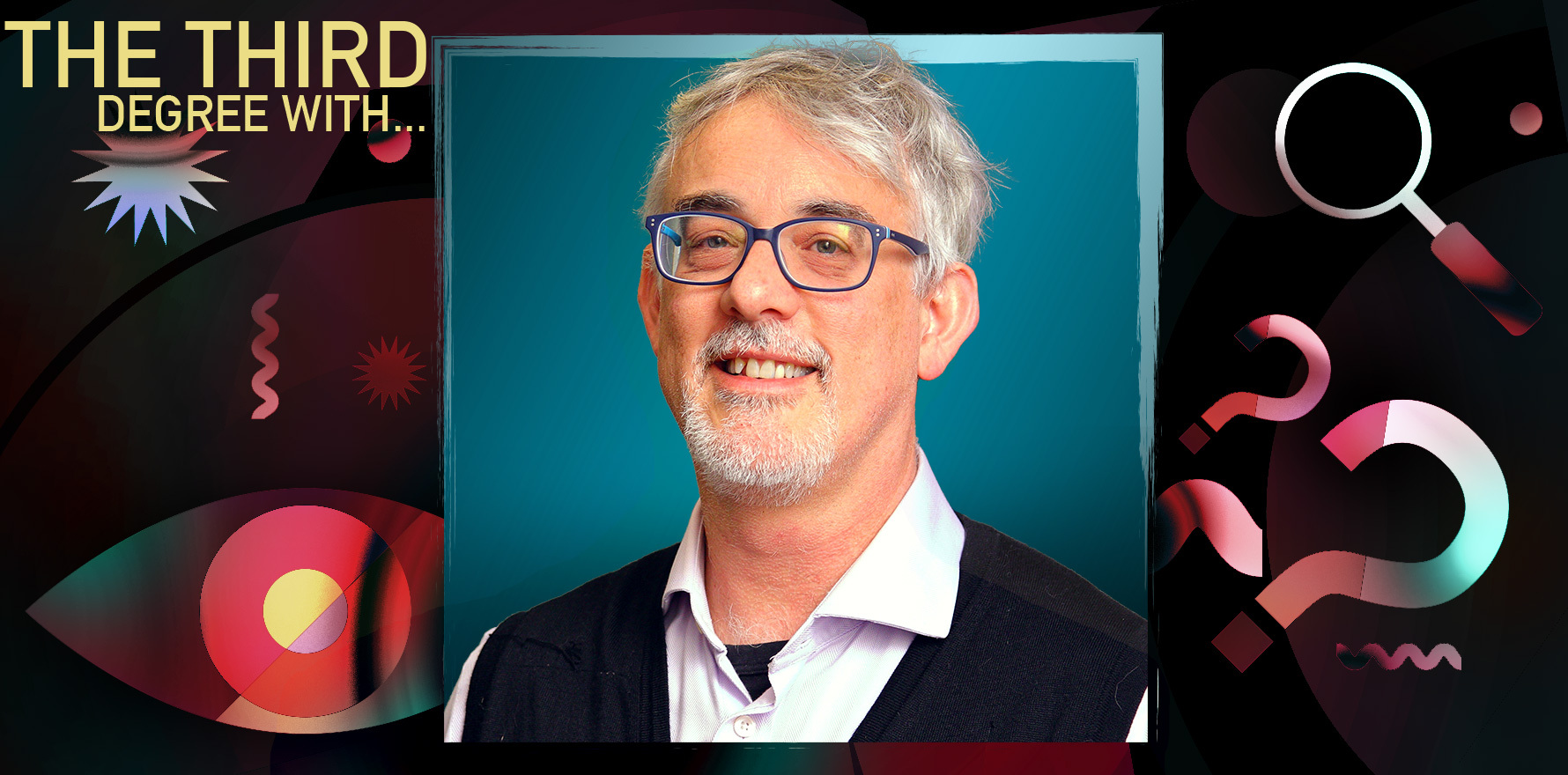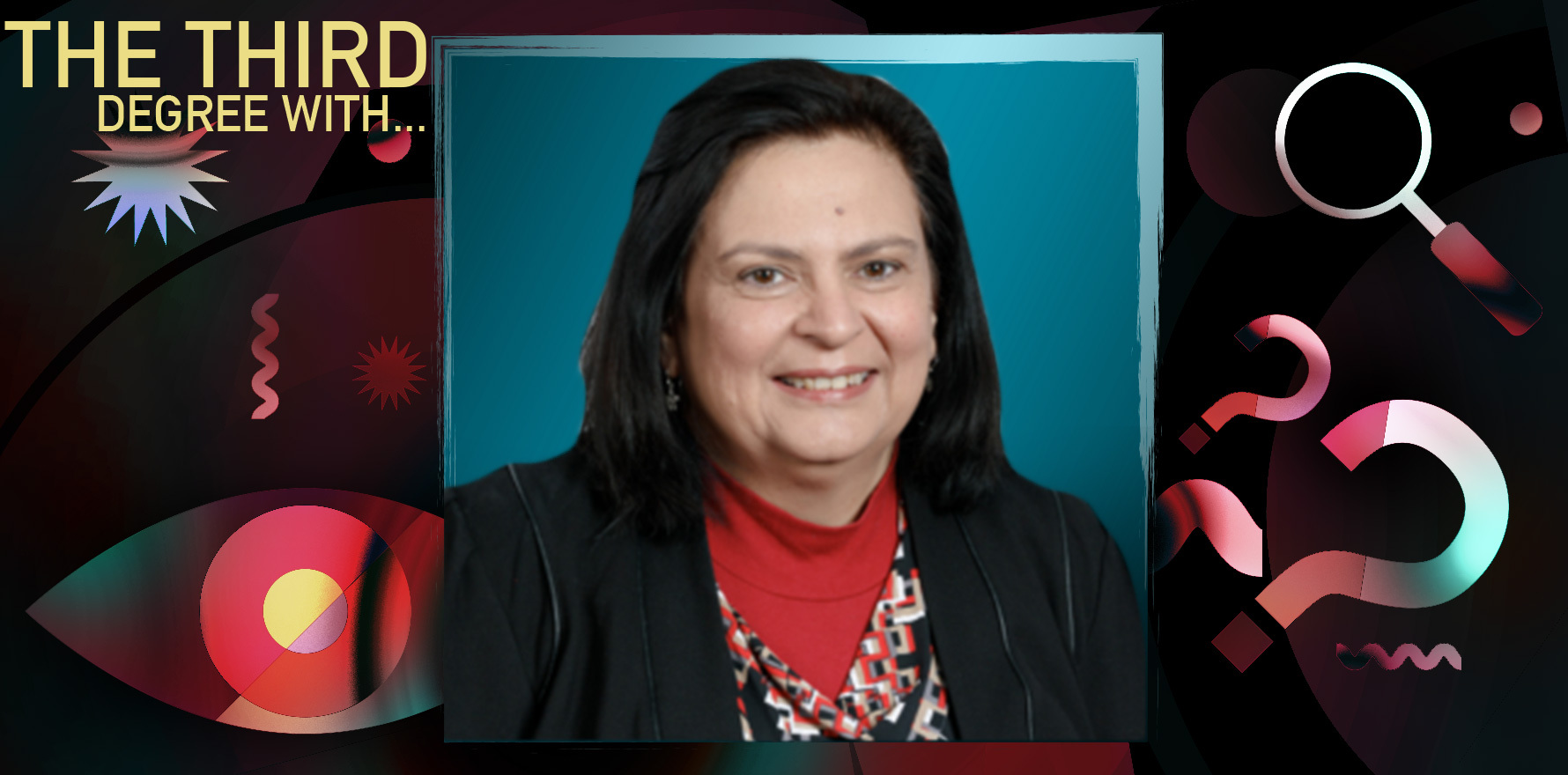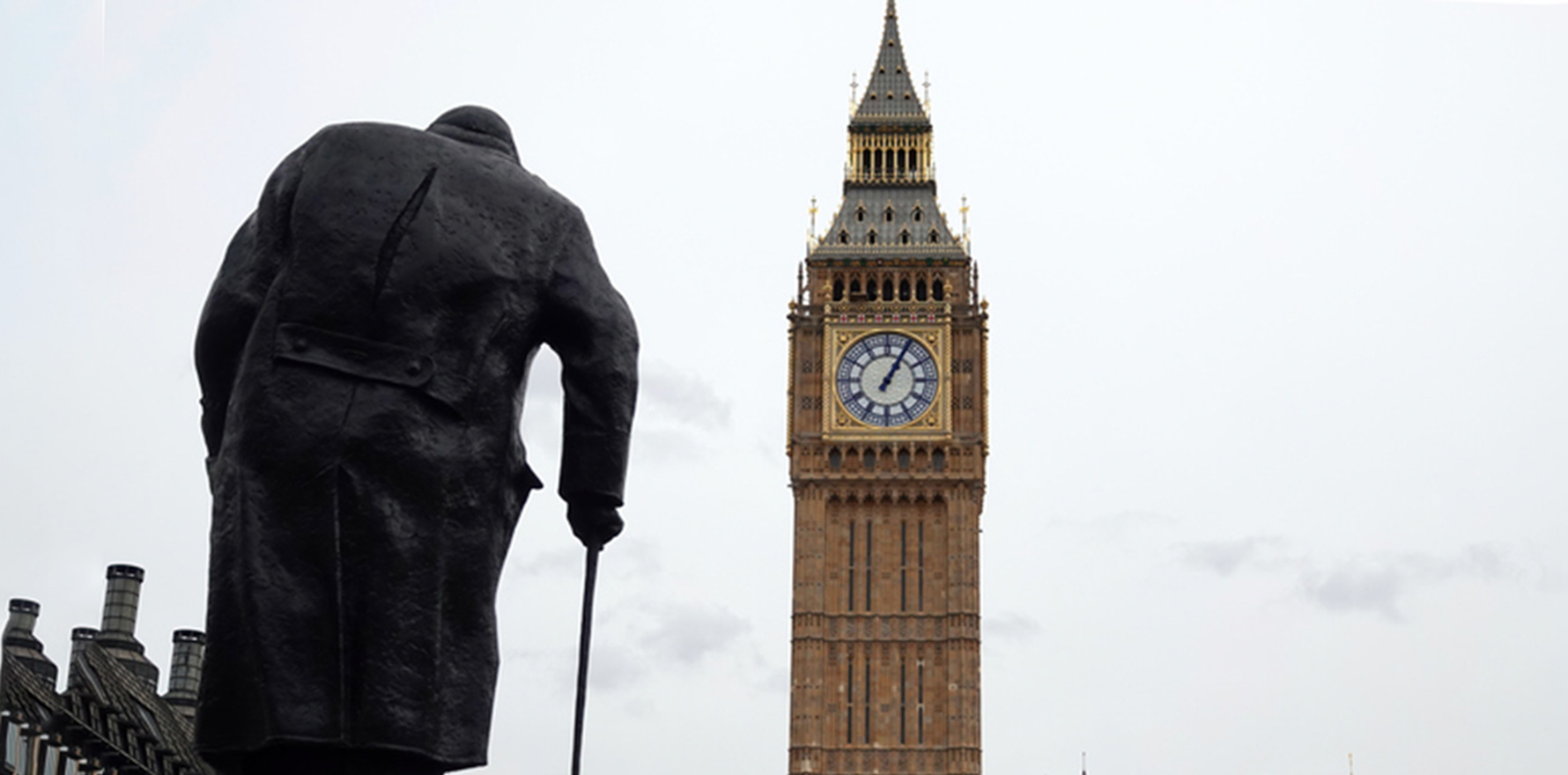Practices as not-for-profits, takeaways from the UK and good people doing their best in a broken system.
Dr Tim Senior, co-chair of the RACGP’s specific interests group on deprivation and poverty, is a “deep end” veteran, having spent the last 18 years working at Tharawal Aboriginal Corporation, the Aboriginal Community Controlled Health Service in Campbelltown, southwest Sydney.
Last year, Dr Senior recieved a Churchill Fellowship to interrogate what GPs working in disadvantaged communities in Australia could learn from those in the deep end of general practice in the UK.
Dr Senior is now over halfway through his eight-week trip.
I'm visiting GPs in ??????? (and ??????? and ??) from ?? on a Churchill Fellowship at the moment, and everywhere I look I see good people doing their best in a broken system.
— Dr Tim – also say hello on Blue Sky & Mastodon (@timsenior) July 24, 2024
Thank you @wesstreeting for your response to this tweet and @Mark_Butler_MP can we have a chat? https://t.co/ql0zWRFWZc
TMR: What have you learned during your Churchill Fellowship so far?
Dr Senior: The main thing I’ve learned is the similarities [between the deep end in the UK and Australia].
I first [discovered the Deep End Network] working in urban Aboriginal health in southwestern Sydney and reading the reports of general practice at the Deep End – the 100 most deprived practices in Scotland.
Their reports described exactly the work that I was doing, which was really striking because I’d thought of these as being particularly Aboriginal health problems.
But when you have communities who are excluded and live in poverty, [there are a particular set of] health problems that arise.
I’ve seen GPs working in homeless drop-in services in Plymouth, with Roma communities in Dublin and with street sex workers in Sheffield.
They all describe the same mental health problems, the same drug and alcohol problems.
And the solutions for general practice are actually very much the same: people are really mistrusting of health services.
[These] GPs have a profound respect for their patients and work really hard to develop patient trust and to be the person in the system for people who are excluded and can’t afford to pay for services.
Can you break down the intersection between geography, culture and poverty?
I see the same in health. Problems in health are seen only as geographic ("Rural and Remote") and Indigenous (making culture at worst a problem to be fixed or at best a factor to be respected). Both are correct, but this allows the effect of poverty on both to be ignored https://t.co/i0e4dzhyNn
— Dr Tim – also say hello on Blue Sky & Mastodon (@timsenior) July 28, 2024
This tweet was in response to an interesting story by Michael Salter, who’s a criminology researcher who produced a report on domestic violence for Victorian health and was asked to change some of the evidence in the report, some of it relating to poverty.
He crystallised some of my thinking, in that we tend not to think about poverty in Australia.
We think we’re a classless society.
You can instantly disprove that. Just the way we have language around bogans – which tends to be quite derogratory – proves that it’s not the case.
Our conception of health [inequity] in Australia is either its rural and remote, so the problem is related to geography … which is a real problem … but when you view the problem as being only geographic, then you view the solutions in terms of geography.
When I used to work in Alice Springs, people used to say, “if you get sick, fly out”.
I understand why people say that, but that’s an option only available to the well-off.
If you’re working in a rural town … you work in the well-off areas if you’re sensible, because you’ll still be busy, [but] you’re not constrained to bulk billing and being underfunded for the work you do.
[But] it leaves the poverty and the associated health problems in rural towns untouched.
When you measure that we’re getting more doctors into remote areas, that’s welcome, but we don’t have a socioeconomic lens to ask, “are we actually providing healthcare for everyone in those communities?”
If you don’t measure it, you don’t know.
It’s the same with Aboriginal and Torres Strait Islander health.
[One] used to see a list of risk factors for cardiovascular disease or for renal disease that would say: blood pressure, smoking, high cholesterol, and being Aboriginal.
[It suggests that] being Aboriginal is a pathology that needs to be corrected by the doctor, which is so far from the truth.
Actually, being connected to culture is protective of health.
We’ve moved on from viewing Aboriginal heritage and culture as being something that needs to be corrected, to something that needs to be understood and celebrated.
But Aboriginal people are [still] vastly over-represented in communities in poverty.
It’s not Aboriginality that’s causing [health] problems, it’s grinding poverty.
Poverty isn’t part of Aboriginal culture, poverty is a result of colonisation.
If we have a socioeconomic lens on health, it opens up other solutions [to addressing health inequity].
So, practically, how do we apply that lens?
I think this is going to come out in the report from my trip.
One of the issues is general practice and primary care is just underfunded.
We need to distribute resources where they’re most needed and definitely have a deprivation or socioeconomic lens.
Medicare disincentivises longer complex consultations.
One of the things that’s become apparent is how isolated many of the GPs [in the deep end] feel.
They feel like they’re muddling through on their own.
But, actually, there are lots of people all feeling like they’re on their own.
I think we can do a better job of recognising and supporting those GPs to feel seen.
How do we coordinate that support?
I think the colleges can help.
I think health funding [should] come from the government, but they don’t look like they’re interested in doing that at all.
[During my travels] I’ve seen other models of general practice spring up.
I suspect in Australia the government won’t provide extra funding, but we’ll see not-for-profits, philanthropic services, maybe PHNs or academic units [facilitating general practice], maybe local cooperative models.
I think there’s room for all of those [models] to experiment and try providing services where there’s market failure.
The Aboriginal Community Controlled Health Service model [is an early example of that].
It is a great model for providing care in deprived communities, but it does require funding.
Whether any of those models can do the magic that get funding will be the crucial thing.
[The models] won’t come from the top down.
It will be more “let a thousand flowers bloom”.
They’ll all be a little bit different because they’ll be responsive to the local community’s needs.
Does working in the deep end require a certain level of subversion?
Thank you @timsenior #ChurchillDeepEnd for cheering me up this morning. Sneaky subversion, systems change ✊? @Riley_Therese @erin_k_f @armowle https://t.co/4vWvF85mJo
— Penelope Joy (@LopeyPen) July 24, 2024
Time and time again, I’ve seen GPs and other primary care staff tweaking the system, being creative by subverting a guideline or clinical pathway to get someone care who needs it.
I’ve seen that local subversion.
It’s not subversion for subversion’s sake, it’s not revolution, it’s just the pragmatism of GPs who, because they have a profound respect for their patients and understand the context, are doing what they can to get patients what they need … when the system doesn’t do that.
Related
You’ve spoken about the importance of flexibility to adapt to the community, are you concerned about a splintered, heterogenous system of general practice?
I think the principles that we need to hold on to are the principles of primary care, like Babara Starfield talks about — coordinated, long-term, relationship-based care for any problem, which facilitates a preventative approach to disease management.
[It must be] patient centered.
Transactional care… especially for the deep end community, won’t touch the sides … and it fragments off little bits of care.
[We need to] allow flexibility around the way that the [general practice] model works and the funding it gets, but it does need to be adequately funded.
It can look expensive, but it’s not.
You have to budget for all the knock-on costs of repeat visits, wasted medications and appointments, and unnecessary hospital attendances.
The federal government’s rhetoric seems to recognise the importance of general practice, but it doesn’t translate into funding. What’s getting lost in translation?
I think the fundamental thing is a lack of awareness about what GPs do, because it looks so simple from the outside.
And to be fair, as a profession we’ve been really bad at advocating.
Other professions we work with are really important for this as well … it’s not an interprofessional battle like it can sometimes look.
We want to be working with other professionals as a team, not just replacing each other.
How does class and privilege infiltrate healthcare?
I saw this too. This thread is right about the way class operates, including in Australia.
— Dr Tim – also say hello on Blue Sky & Mastodon (@timsenior) July 28, 2024
No-one visited my school either https://t.co/7UyWkU1L3j
I think it goes back centuries, when physicians were the university educated upper class and surgeons were the trades coming from barber surgeons and learning by apprenticeship. Apothecaries were community-based, learn-on-the-job offerors of medicine to people who couldn’t afford physicians or barber surgeons.
People recruited into medicine are still predominantly well off.
That’s changing, because medical schools and the profession recognise that it needs to.
If we are to become better at looking after our patients, we’re better off with a really diverse group of doctors.
There’s [also] the social license that doctors have, that allows us the privilege of certifying people as being really sick or not sick, certifying people for welfare benefits from the government.
We don’t make the decision, but we do certify it.
[It] puts us in a particular social position [of power] we’ll often fight against.
I think the ultimate aim is to have a profession that’s really diverse in terms of cultures, gender, sexuality.
That way, as a profession, we’re understanding the experiences of our patients, and they will trust us as good people because of that.
How do we facilitate the diversification of medicine?
Things like wiping HECS debt and tax benefits are relatively simple things.
They seem a no-brainer.
And tackling funding for universities, for medical school.
Wildcard: Do you have a favorite word or turn of phrase?
Serendipity.
It has this meaning of unexpectedly found pleasure, that sense of coincidence and being open to finding pleasure in unexpected things wherever you are at that moment.
I think it says a lot about focusing on the moment as well as the long term, and that not everything good that arises is planned.
This interview was edited for length and clarity.





